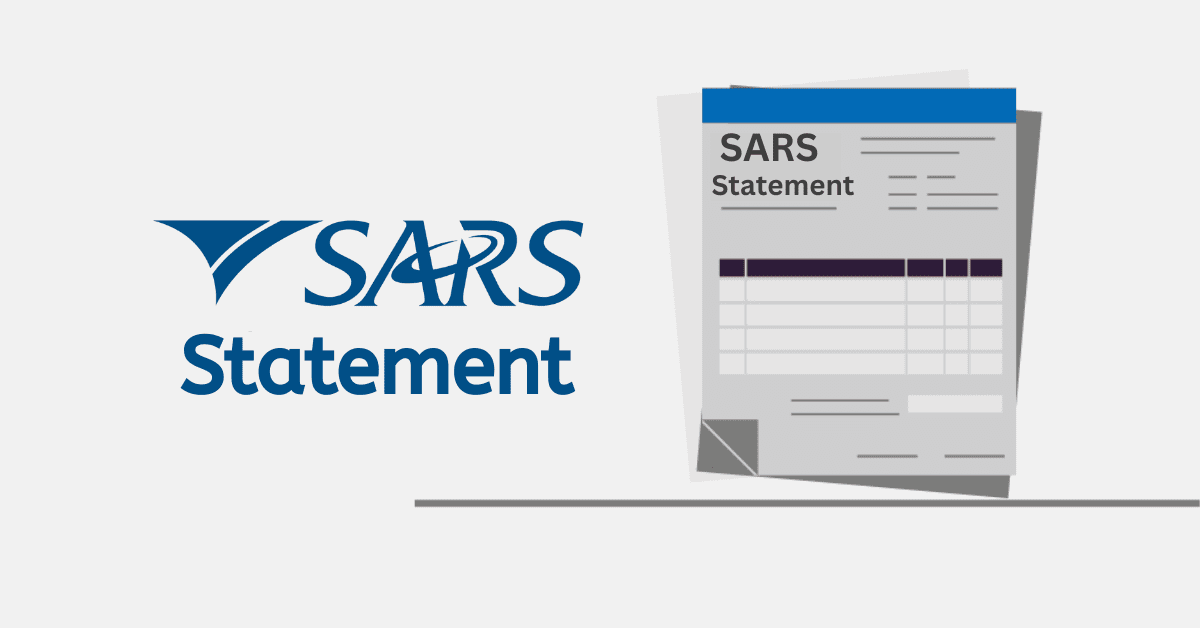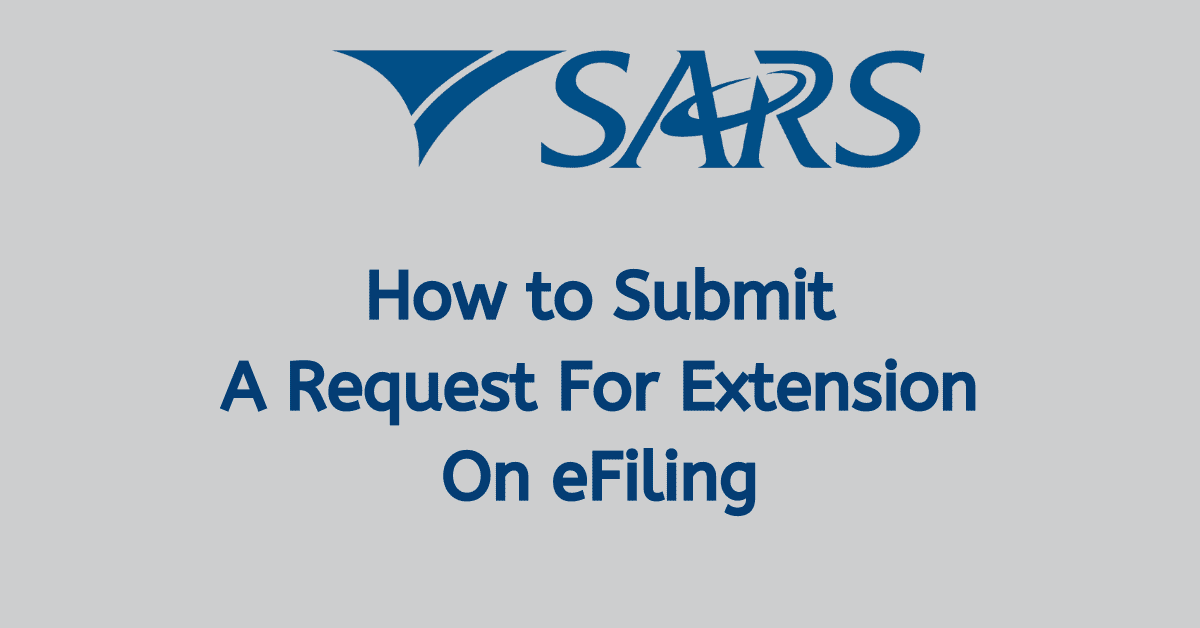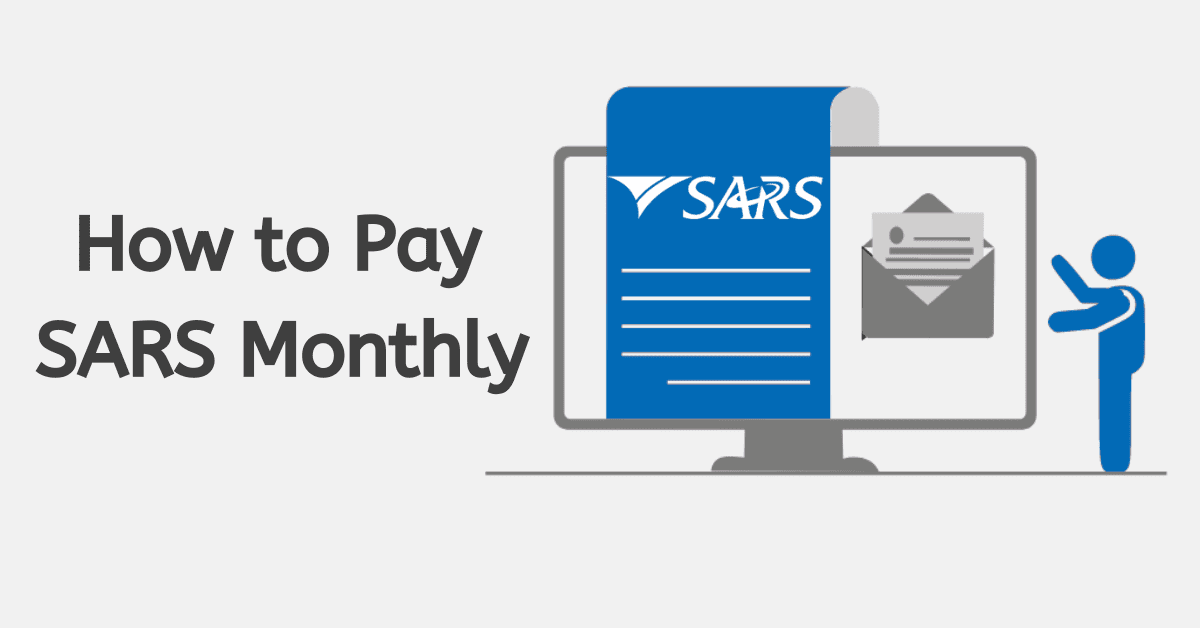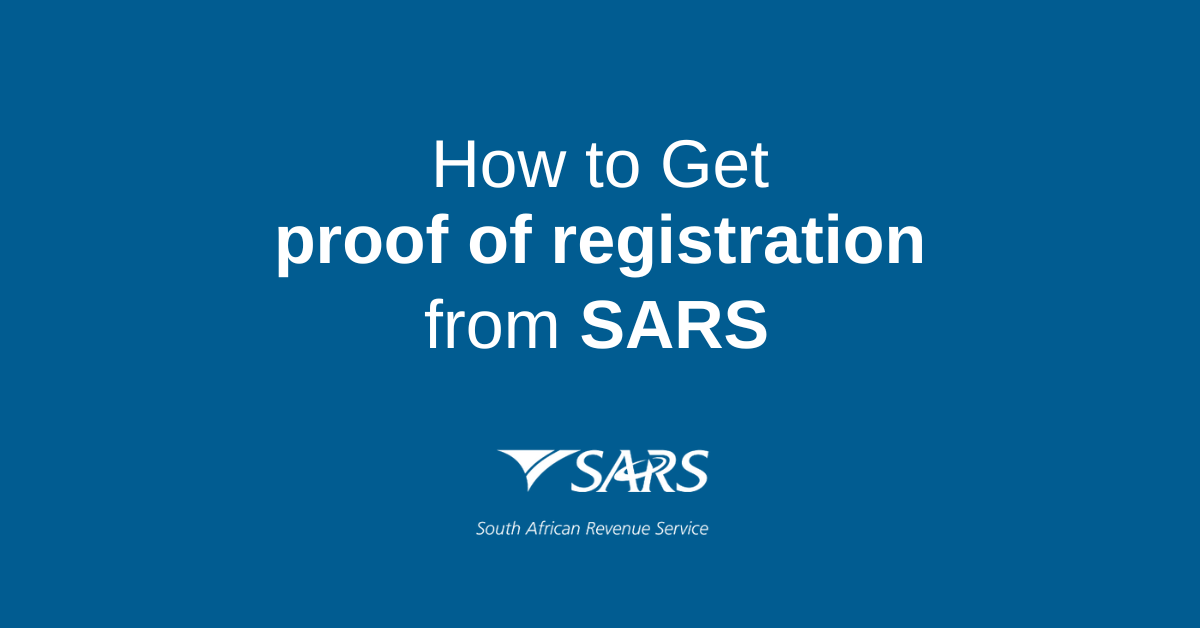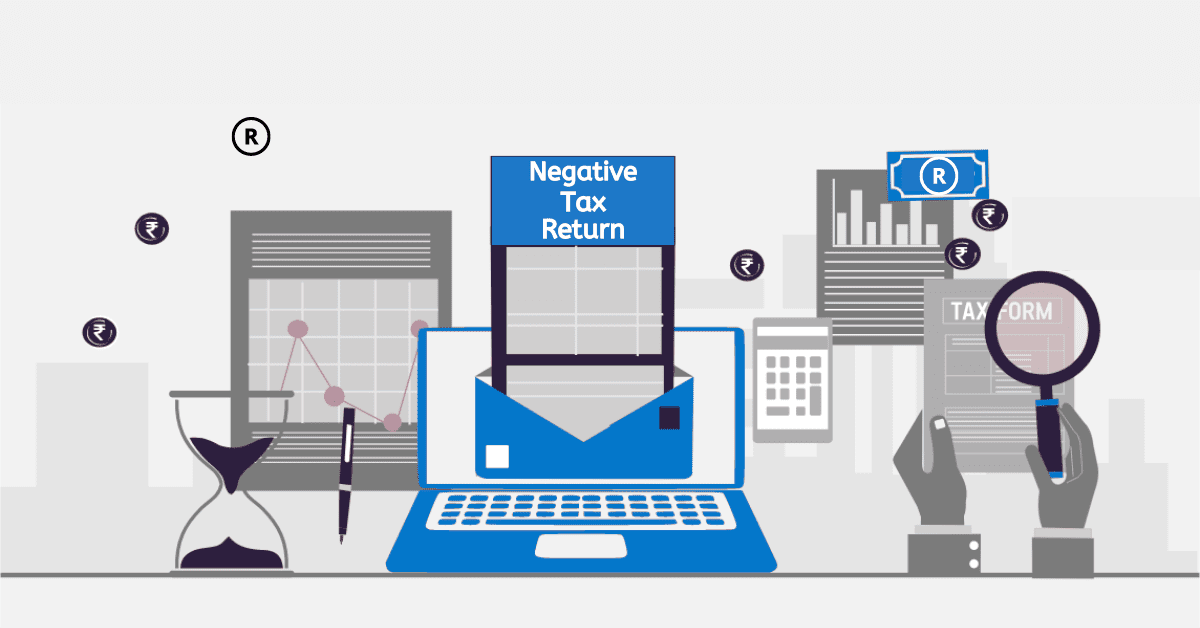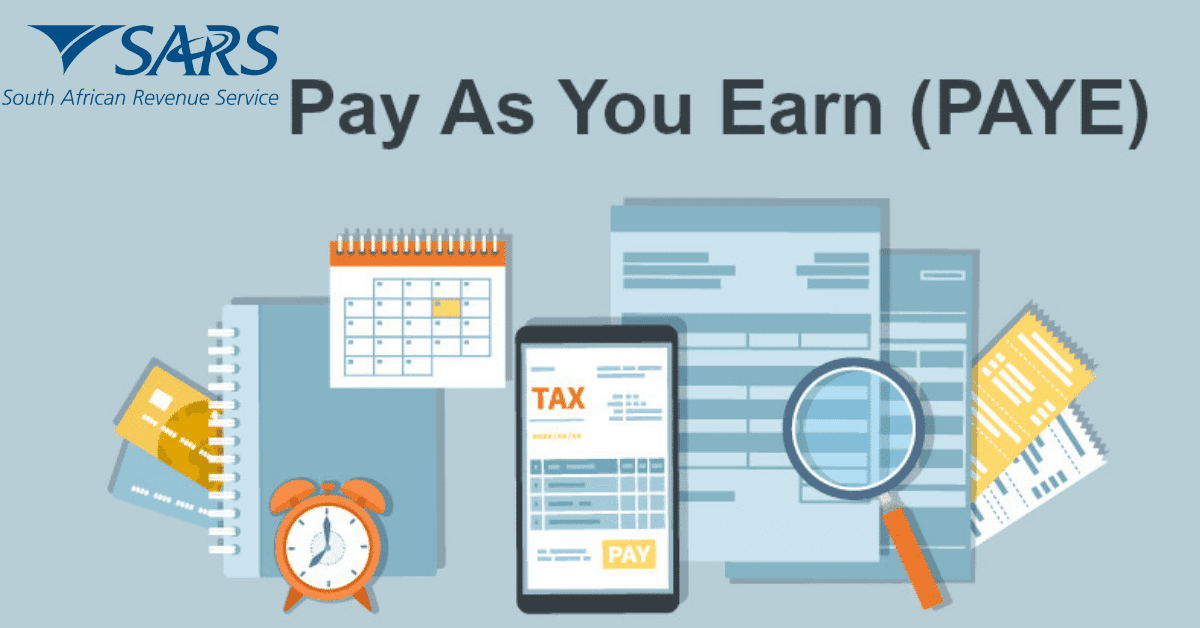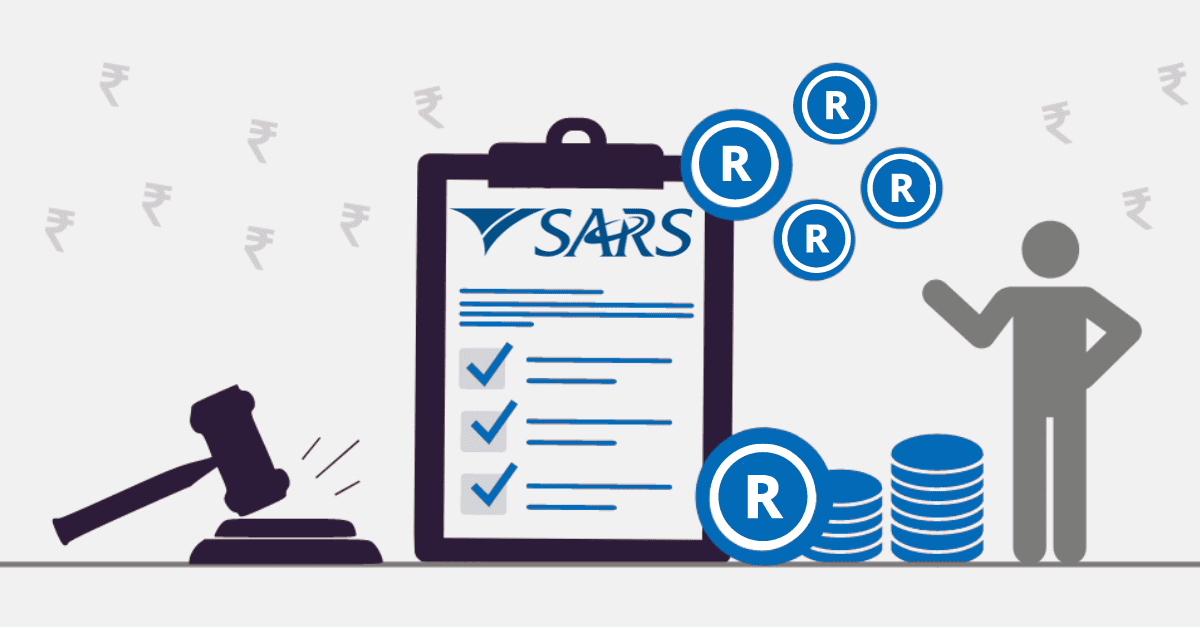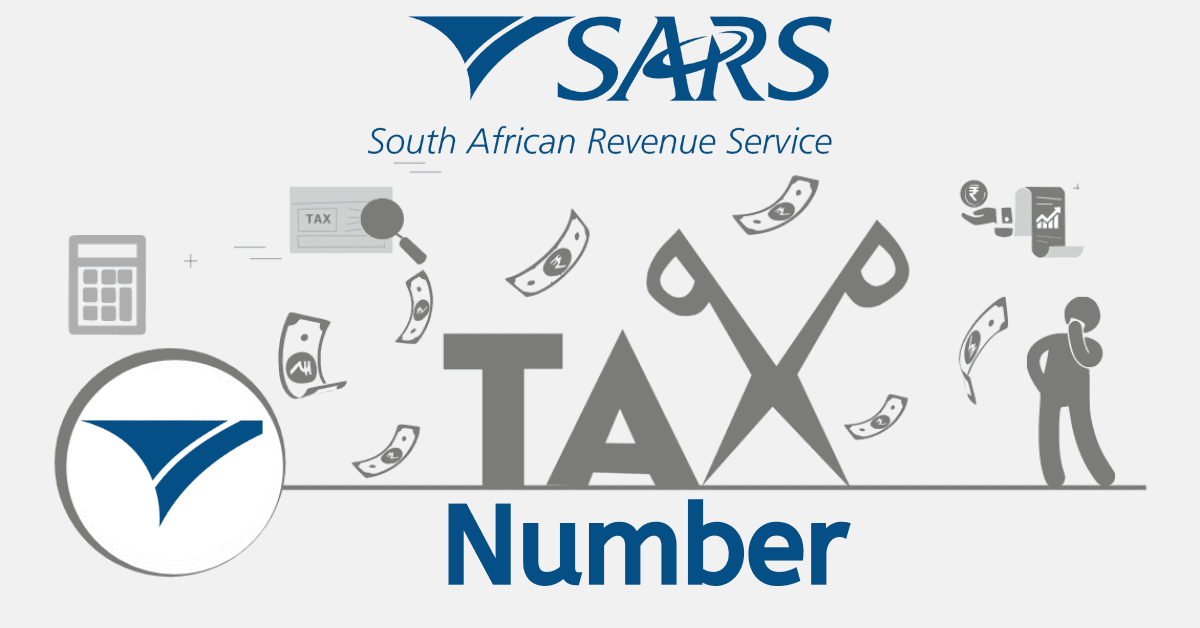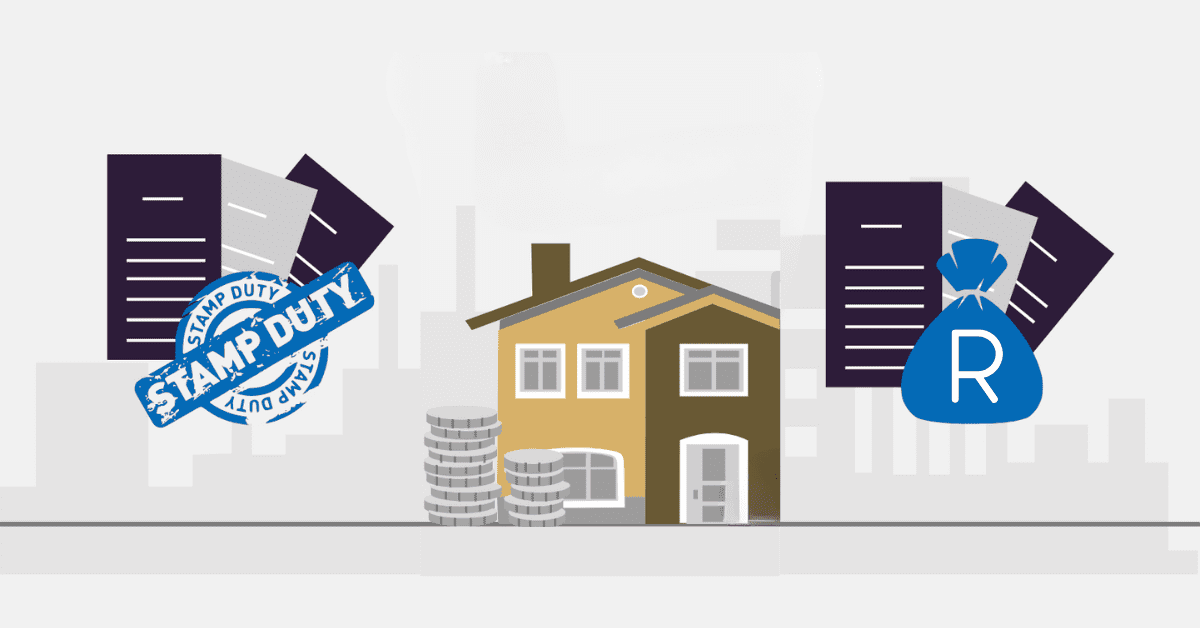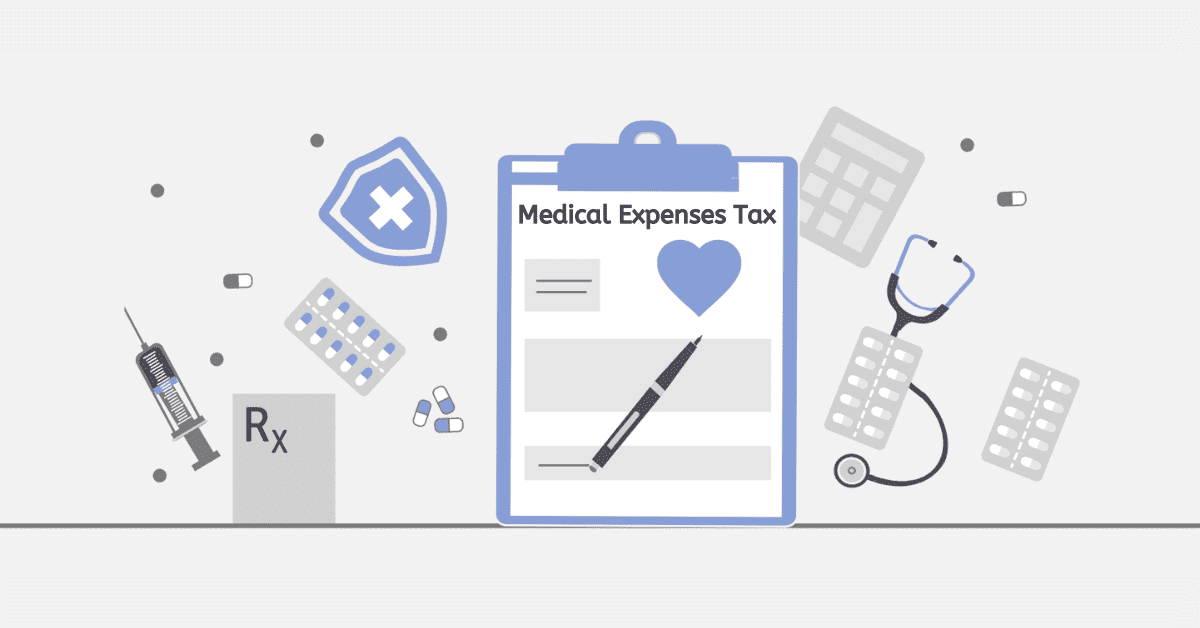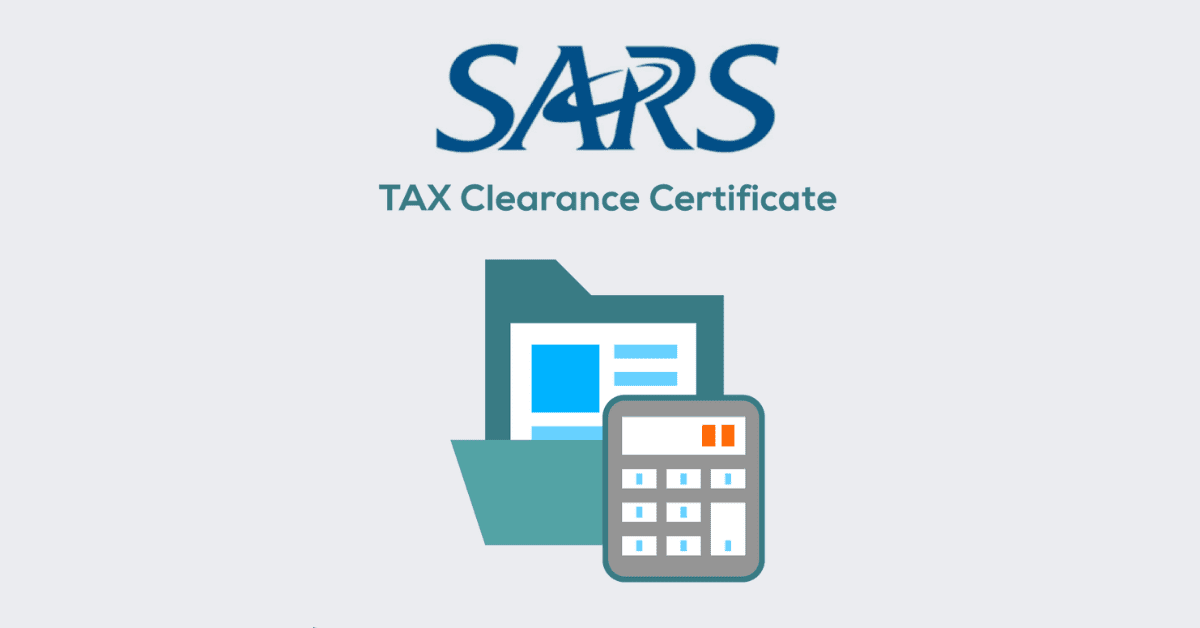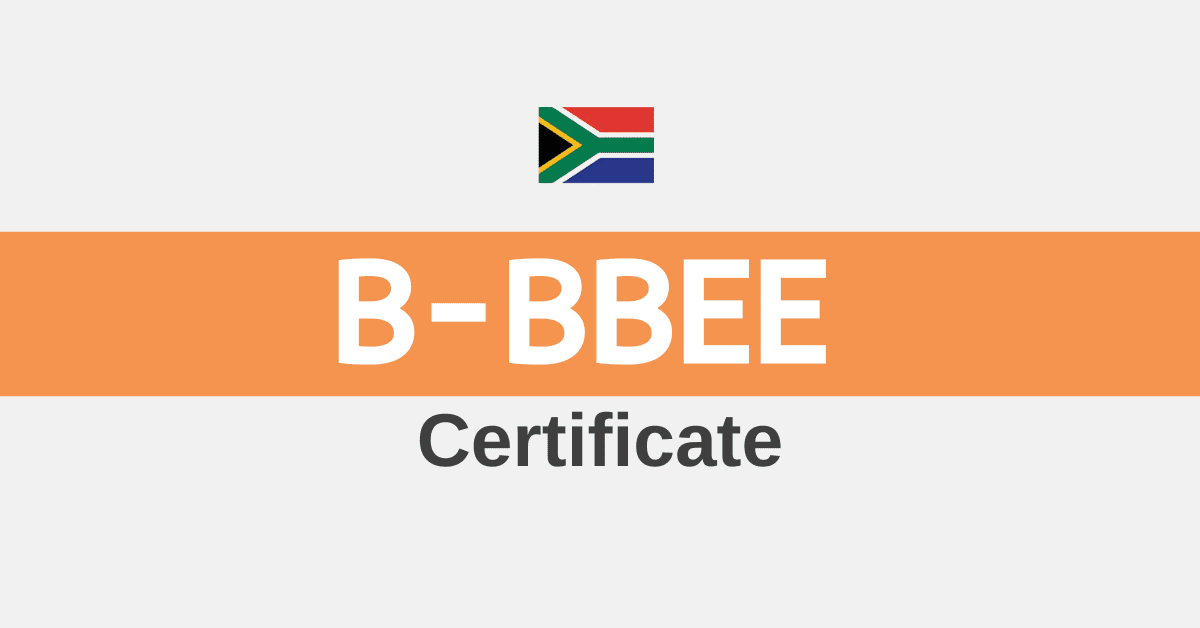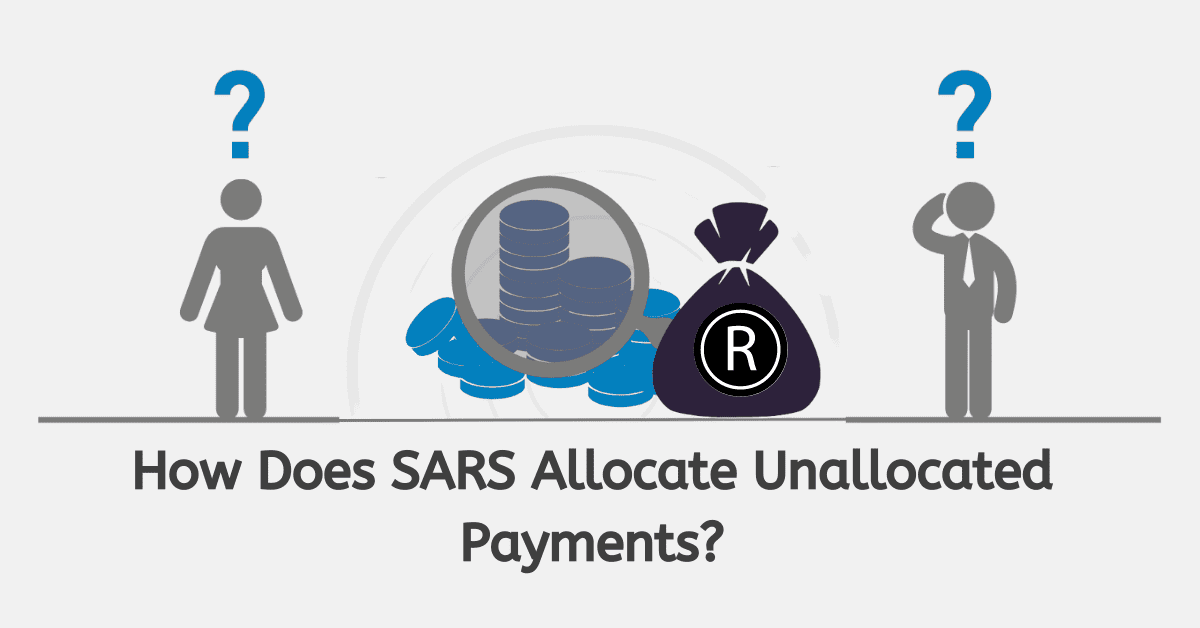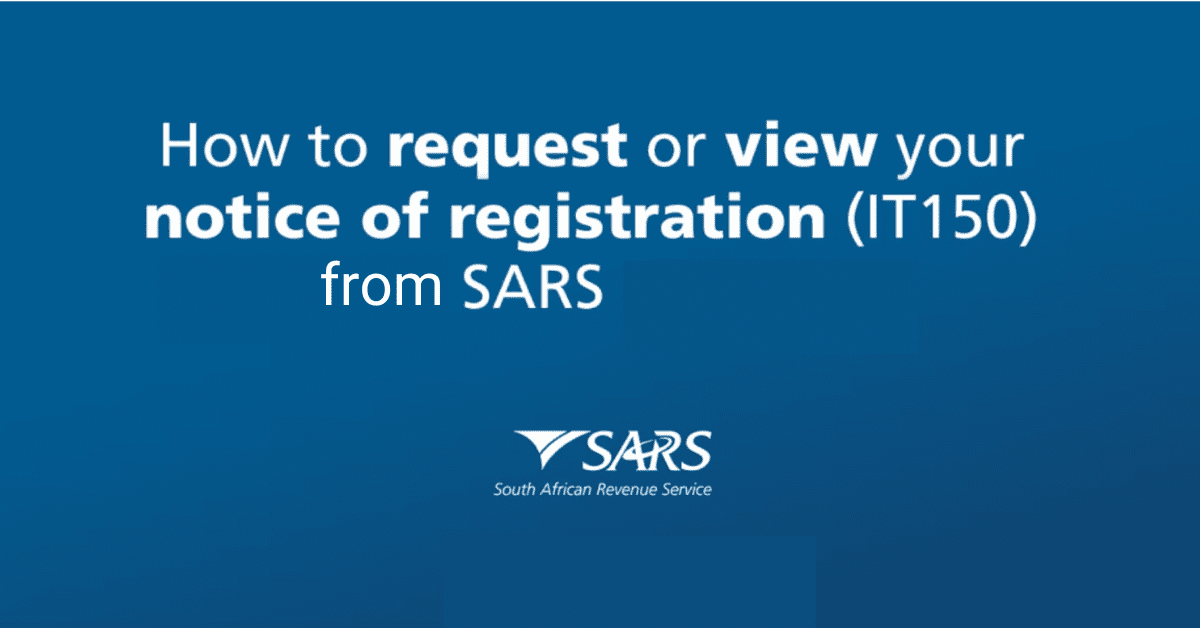While under the law tax evasion is tax evasion no matter the size of the bill or your intent by not paying, SARS and the Government are realistic about when it is worth pursuing criminal action against a defaulting taxpayer, and when it would be simpler to work with them to bring their account back into tax compliance. While the smartest thing to do will always be to pay your taxes upfront and on time, sometimes life gets in the way of our best intentions! For most taxpayers, especially if they have been diligent in the past, SARS will start by using a system of punitive tax penalties to both penalize you for the late payment and encourage you to address the matter as quickly as is feasible. So, if your account is lagging, don’t panic yet! Penalties do not necessarily mean legal action will follow, it simply means that your tax bill will be higher than necessary.
How do I Check My SARS Penalties?
SARS will display any due penalties as part of communication you receive around a specific tax type or late return. However, this is not the most up-to-date way to see the exact status of your SARS account and will only show immediate penalties, not interest and fees that accrue over time. If you want to get a comprehensive profile of where you stand with SARS, including the exact penalties and fees you have been charged, the best way to do so is via a Statement of Account.
You can request a current statement of account from your eFiling profile by heading to the ‘SARS Correspondence’ tab, selecting your date range and tax type, and generating a statement. On your statement of account, you will see separate lines for the core tax amount due on the return, and then fees, penalties, and interest it has accrued due to late payment or lack of payment.
However, you should be very aware that interest, as well as some penalty types, is not a one-and-done thing like the late fee for submitting a return after its due date. The amount will accrue monthly and will rise over time. So it pays to reissue the statement on the day you intend to settle the account, to ensure you account for all currently due amounts. It is reasonably common for people to pay the bulk of a delayed tax payment, and not realize that small amounts of interest have not been settled- leaving you non-compliant, even if you think you have returned to tax compliance.
How do I Pay My SARS Penalties?
Luckily, settling your SARS penalties is as easy as paying the initial bill. All fees, interest, and penalties applied to a tax amount will use the same reference number as the original payment and can be paid through the same channels. Nor do you have to specifically label them as a payment for a penalty (vs the initial assed amount). Once the fee or penalty is loaded to your account, on that same reference number, you can simply pay the whole amount due, inclusive of penalties, to settle the account. Most modern taxpayers will do this digitally via an EFT to SARS from their main bank account. Most of the common SARS bank accounts, including provisional tax, VAT, PAYE (for companies to pay on behalf of staff), and income tax are ‘pre-approved’ accounts with the major banks, and can be easily added to your internet banking profile or mobile banking app to facilitate easy payments.
What is the Penalty for Provisional Taxes at SARS?
Provisional tax isn’t a new or different tax type. It’s an alternative form of the PAYE system employees are used to, used by businesses and taxpayers who do not have a single employer to deduct PAYE or a fixed salary to take it from. Both PAYE and provisional tax allow taxpayers to ‘prepay’ their income tax amounts through the year instead of as one large lump sum. This allows SARS a steady income flow throughout the year and helps to reduce the tax burden on the taxpayer due in income tax season, too.
Two provisional tax returns (IRP6s) are submitted annually, at the six-month mark and the end of the tax year. The initial return will take the finances of the first 6 months of the year to estimate the whole amount of tax you expect to pay. The second IRP6 formally shows all income earned in that year. If a big mistake has been made when calculating the tax due, you can also request a third, special IRP6 to address this.
This is quite important, as underestimating your income tax due that year will attract a penalty fee. Of course, there are many legitimate situations where such an underestimation may occur, but without proof, SARS will treat it as an attempt to avoid paying the correct amount of provisional tax. These underestimation penalties occur where the amount of tax due on your final income tax return (ITR12 or ITR14 for businesses) is substantially higher than your provisional tax estimates.
Underestimation penalties for taxable income of R1 million or less will kick in when your second provisional tax return is less than 90% of your income on your income tax return, or where it is less than the ‘basic’ amount SARS set for you (based on previous years’ amounts). It is 20% of the difference between your estimate and the lesser of those two figures. If your taxable income is over R1 million, no ‘basic’ applies, and the discrepancy falls to 80%. The fee will still be 20% of that discrepancy.
An immediate late payment penalty of 10% will be applied to payments received after the deadline, with interest charged at a further 10% per annum until the amount is settled.
How Do I Dispute SARS penalties on eFiling?
If you believe you have a legitimate reason to appeal a SARS penalty, or are hoping they will offer you a waiver to help you become tax compliant once again, you will file a Request for Remission. This can be done on eFiling by first filing any missing returns, then running a penalty statement of account and clicking the ‘Request for Remission’ button. You will have to motivate your reasons and should have strong supporting documentation to bolster your case. SARS will decide these on a case-by-case basis.
Does SARS Charge Interest on Penalties?
Interest is charged on all outstanding amounts on your SARS account, including penalties and late fees that were added to your account.
Paying income tax penalties may be your only way to bring a defaulted account back into tax compliance. However, unlike your core tax amounts, they are little more than wasted money, and smart taxpayers should try to avoid these penalty fees wherever possible.
